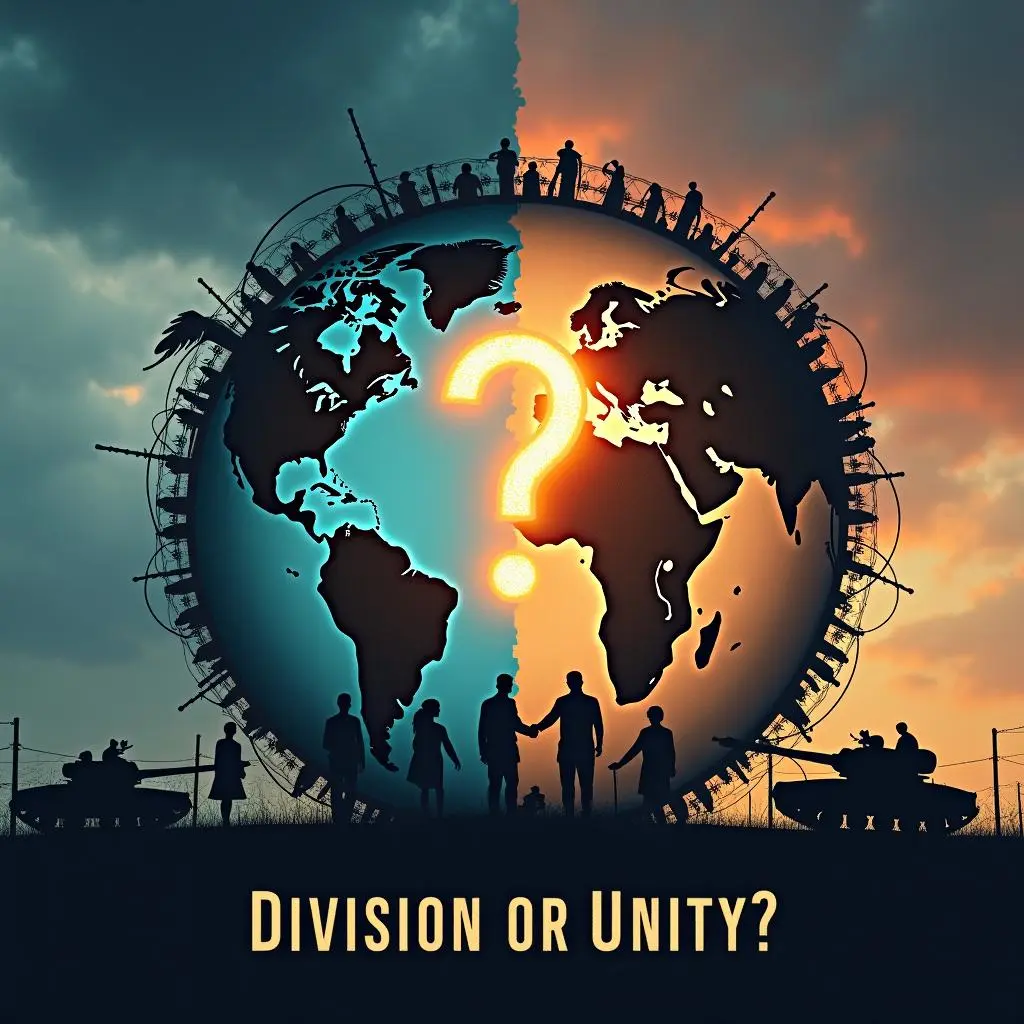Why Do We Need National Borders in a Globalized World?

National borders have historically been used to define territories, establish governance, and protect resources. They mark the lines between nations and have been the foundation for laws, economies, and identities. However, in an increasingly globalized world, these borders often appear more as barriers than as necessary divisions. They limit the free flow of people, ideas, and resources, often creating inequalities and perpetuating conflicts between nations.
The concept of borders is rooted in a time when nations were largely self-sufficient and territorial defense was paramount. Today, the world is interconnected, with economies relying on global trade, and challenges such as climate change, pandemics, and technological progress requiring collective action. Borders that once served to protect now restrict collaboration and progress, isolating nations when unity is most needed.
One of the critical questions in a globalized world is how to balance the need for sovereignty with the benefits of collaboration. National borders often become tools of exclusion, denying individuals access to better opportunities or even basic safety. The restrictive policies tied to these borders can lead to suffering for migrants, refugees, and even citizens within divided nations. Moreover, they foster an 'us versus them' mentality that fuels division rather than unity.
A possible way forward is to redefine the purpose of borders, shifting them from barriers to bridges. International cooperation can focus on creating systems that respect cultural and national identities while promoting global mobility and equal opportunities. Initiatives like shared trade zones, environmental treaties, and universal human rights frameworks demonstrate how borders can function without restricting progress or humanity.
Ultimately, the future of borders lies in their transformation. As technology and globalization continue to erase physical and digital divides, societies must reconsider whether rigid national boundaries serve the greater good. By fostering open dialogue and policies rooted in empathy and equality, nations can transcend the limitations of borders and work towards a world where humanity's shared challenges and aspirations take precedence.
Ultimately, the future of borders lies in their transformation. As technology and globalization continue to erase physical and digital divides, societies must reconsider whether rigid national boundaries serve the greater good. By fostering open dialogue and policies rooted in empathy and equality, nations can transcend the limitations of borders and work towards a world where humanity's shared challenges and aspirations take precedence.
